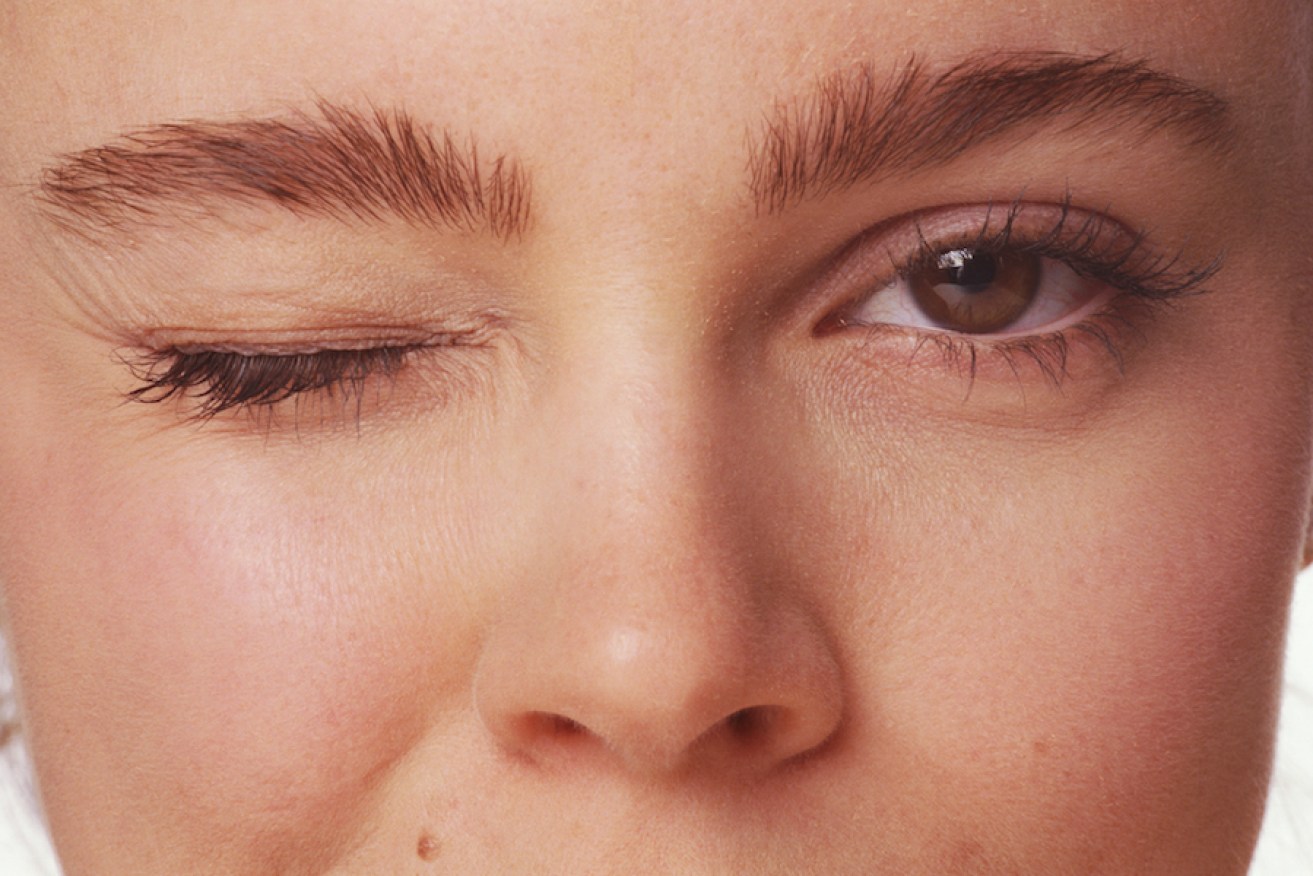How to make your eyes stronger – naturally


Getty
The old saying goes that watching too much television gives you square eyes.
With people employed in sedentary office occupations spending an estimated 22 hours a week sitting in front of a computer — and the latest statistics revealing Australians spend almost 35 hours a month staring at smartphone screens — it’s becoming a reasonable concern.
• Should you consider getting LASIK eye surgery?
• Derogatory comments spark surgery trend
• How to avoid looking old beyond your years
So what does all that digital screen time actually do to your eyes – and what can you do to ease the effects?
Sore eyes

Our eyes aren’t designed for prolonged, close-up viewing. Photo: Getty
According to Dr Luke Arundel, senior resident optometrist at Optometry Australia, eye muscles become sore, tired and strained if they’re overused – just like other muscles in the body.
“You couldn’t go to the gym and lift weights for eight hours straight, so you can’t expect to stare at a computer screen for eight hours without your muscles getting fatigued,” Dr Arundel says.
“When we focus on something up close, the muscles in our eyes contract and exert muscular effort to change the lens inside our eye so that we get a clear image of a near object. The closer we hold something to our eyes, the harder those muscles have to work.”
Look away from your screen and into the distance every 20 minutes for 20 seconds to allow eye muscles to relax.
There is evidence to suggest that too much screen time may be linked with an increase in short sightedness in children. Experts recommend children spend at least one to two hours outdoors every day as sunlight is believed to have a protective effect.
Dry eyes
Concentrating very intently on screens means we blink less, which stops the spread of tears across the front surface of the eyes. We need a thin layer of tears to lubricate, protect and nourish the front of the eyes and without it the eyes become dry and scratchy.

We blink less when we stare out our computers, which drys our eyes out. Photo: Getty
Dr Michael Steiner, president of the Australian Society of Ophthalmologists, says rubbing can make symptoms worse and even damage the outer layer of the eye. Instead, make a conscious effort to blink more often. For more serious cases, eye drops can help to reduce dryness.
“The eye drops that are available today are much more sophisticated than they used to be and generally you can choose a different tear drop depending on which part of the tear fill is the cause of the problem.”
Tired eyes
If used too close to bedtime screens can also affect the quality of our sleep. Devices like smartphones, computers, tablets and televisions emit blue light, which has the same light frequency as sunlight and reduces the production of sleep hormone melatonin.
“If your screen use is late at night – people often spend half an hour on their phone before going to sleep – it can change the chemistry in the body and change sleep cycles which could end up making you more tired in the day,” Optometry Australia’s Dr Arundel says.
Recent studies also suggest that blue light may contribute to retinal damage and even lead to macular degeneration, a type of vision loss. In the meantime experts recommend turning off all gadgets one hour before bedtime. The latest iPhone update includes a new night shift mode that reduces blue light in the evening.








